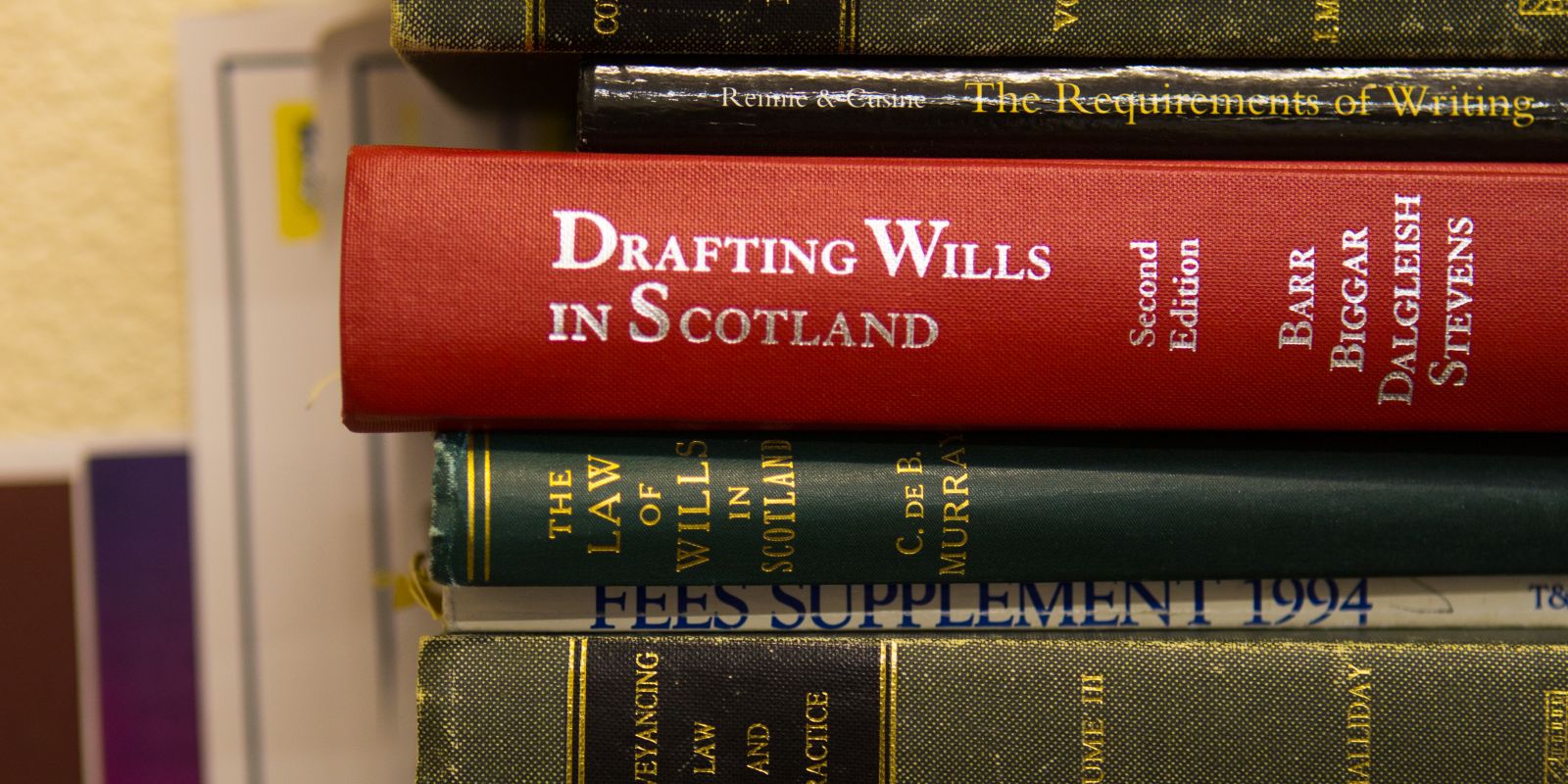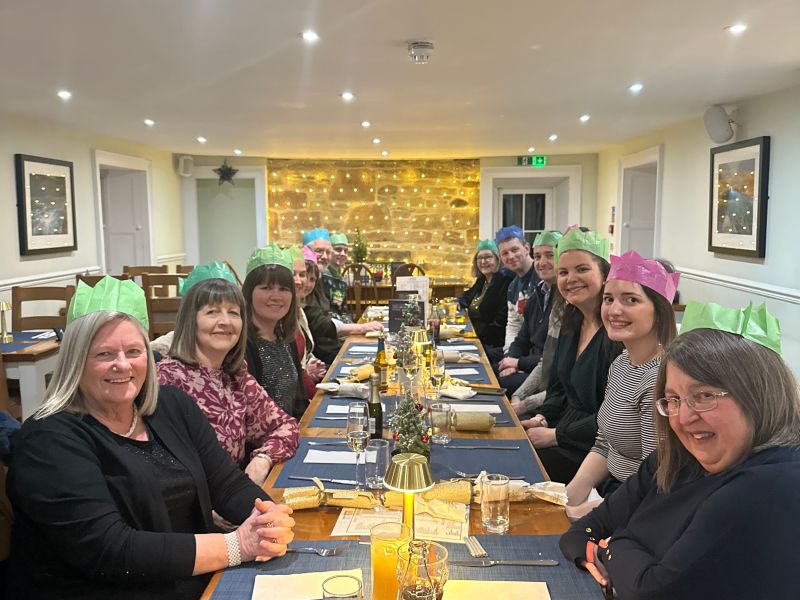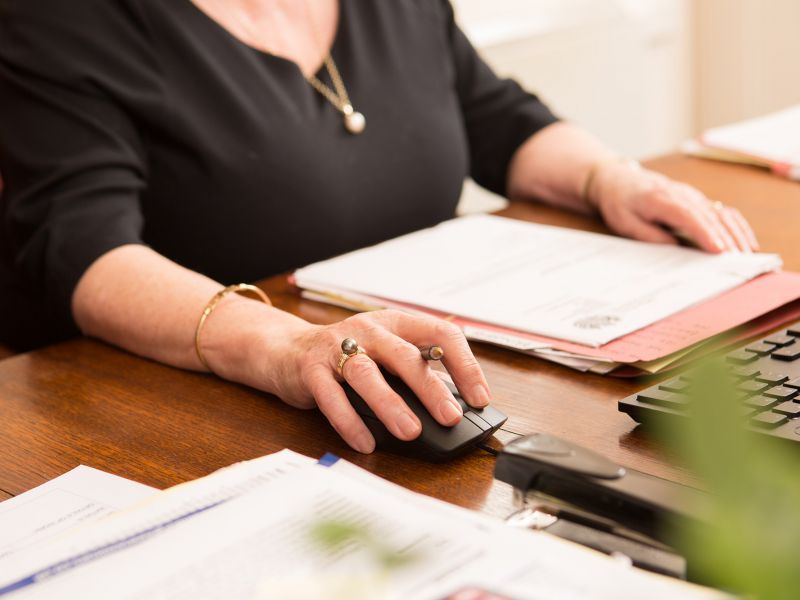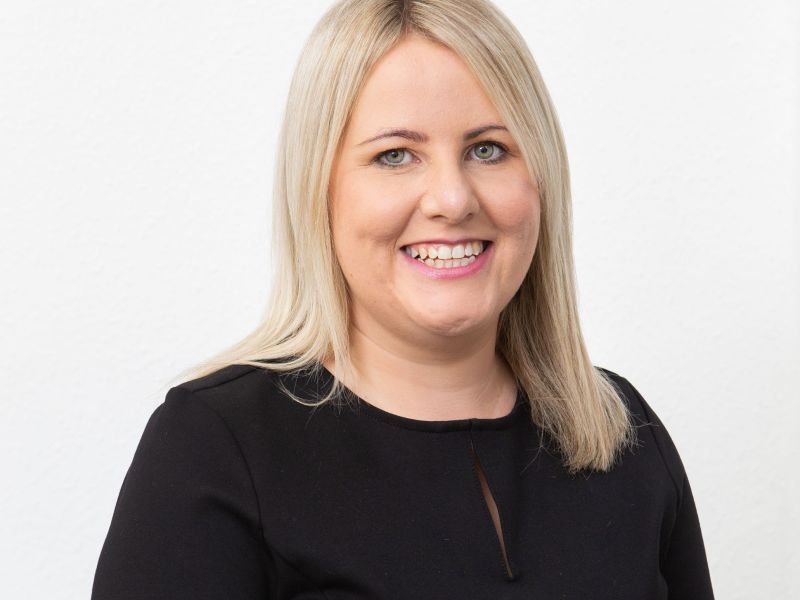A guide to Estate Planning
Erika looks at what to consider when planning your estate.
It is important to look at your financial situation regularly. You can get advice on estate planning from financial advisors for pensions and investments and solicitors regarding Wills, Powers of Attorney and Title deeds. If you have made plans formally, such as with Wills and funeral arrangements, you should make sure your family and loved ones know where to find the information when the necessary time comes
Wills – They are an important part of estate planning that allows you to decide what happens to your estate after your death. You may want to leave money or items to family or friends or charities. You should consider updating your will from time to time if your circumstances change. You can either write a new Will or make an amendment known as a codicil, but a new Will is often a more tidy solution. If you do not have a Will your estate will fall into intestacy, and this can be a more difficult and expensive process for your family to deal with compared to when a Will is in place.
Powers of Attorney – These allow someone to deal with your finances and welfare while you are still alive but not able to make decisions for yourself. The financial powers can be used once the Power of Attorney is registered with the Office of the Public Guardian. This can be helpful if you have mobility or any other issues that can make managing your day-to-day financial affairs difficult. You can appoint someone to be able to do practical things such as banking. The welfare powers, which are decisions on where you live and how you will be looked after, can only be used when a doctor says you no longer have the capacity to make those decisions for yourself.
Pensions and death benefits – It is important to ensure that any pension or death benefits are kept up to date and that the correct person is nominated to receive any benefit.
Dwellinghouse – Your house is most likely your biggest financial asset. In Scotland when a person passes away, a house is transferred by means of a Will or through a survivorship clause on your title deeds. Whether a survivorship is in your title or not can affect how your estate is distributed, so you should consult with your solicitor if you are in doubt about this.
Inheritance Tax – Everyone has a tax-free allowance (called a “nil-rate band” of £325,000. As an example, a single person living in a house worth £250,000 with around £100,000 in other assets would pay £10,000 in inheritance tax from their estate after they pass away.
If a surviving spouse inherits their late spouse’s estate, they will also inherit that person’s allowance, giving them a combined total of £650,000. This may seem like a lot of money, but house price rises could see more people paying inheritance tax. There are further allowances available to families as well, which we would be happy to discuss.
To discuss planning your estate, contact our knowledgeable and friendly team today.









